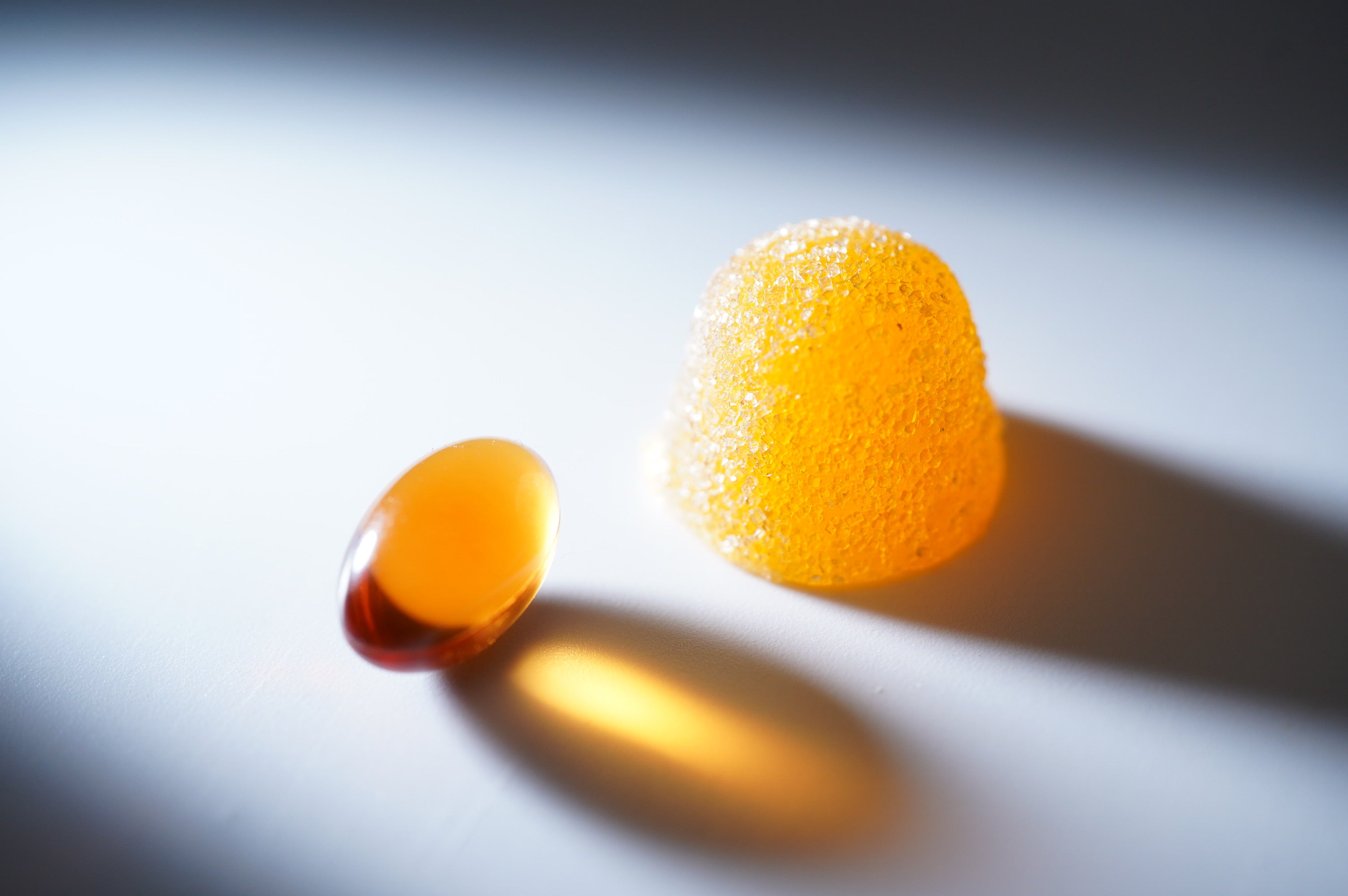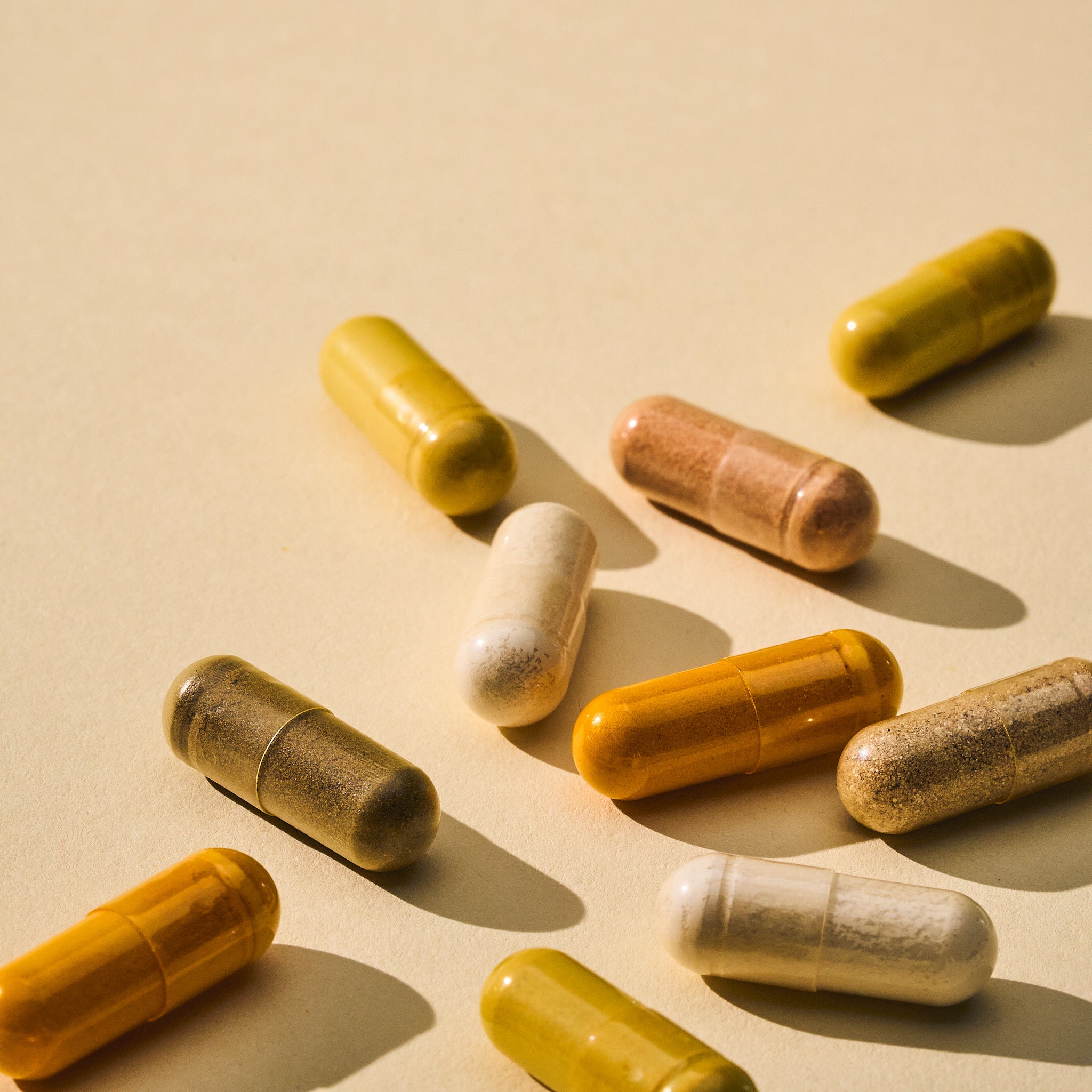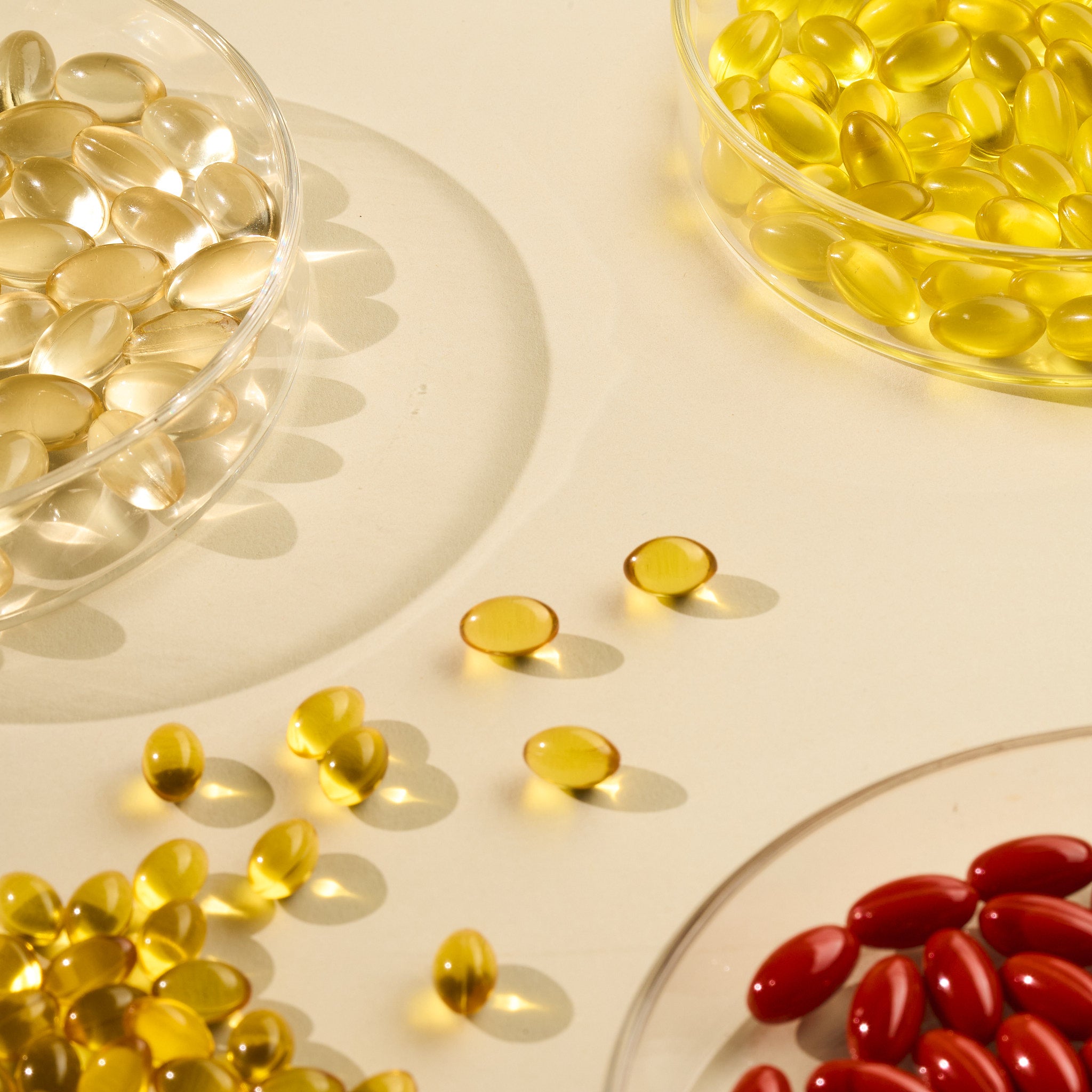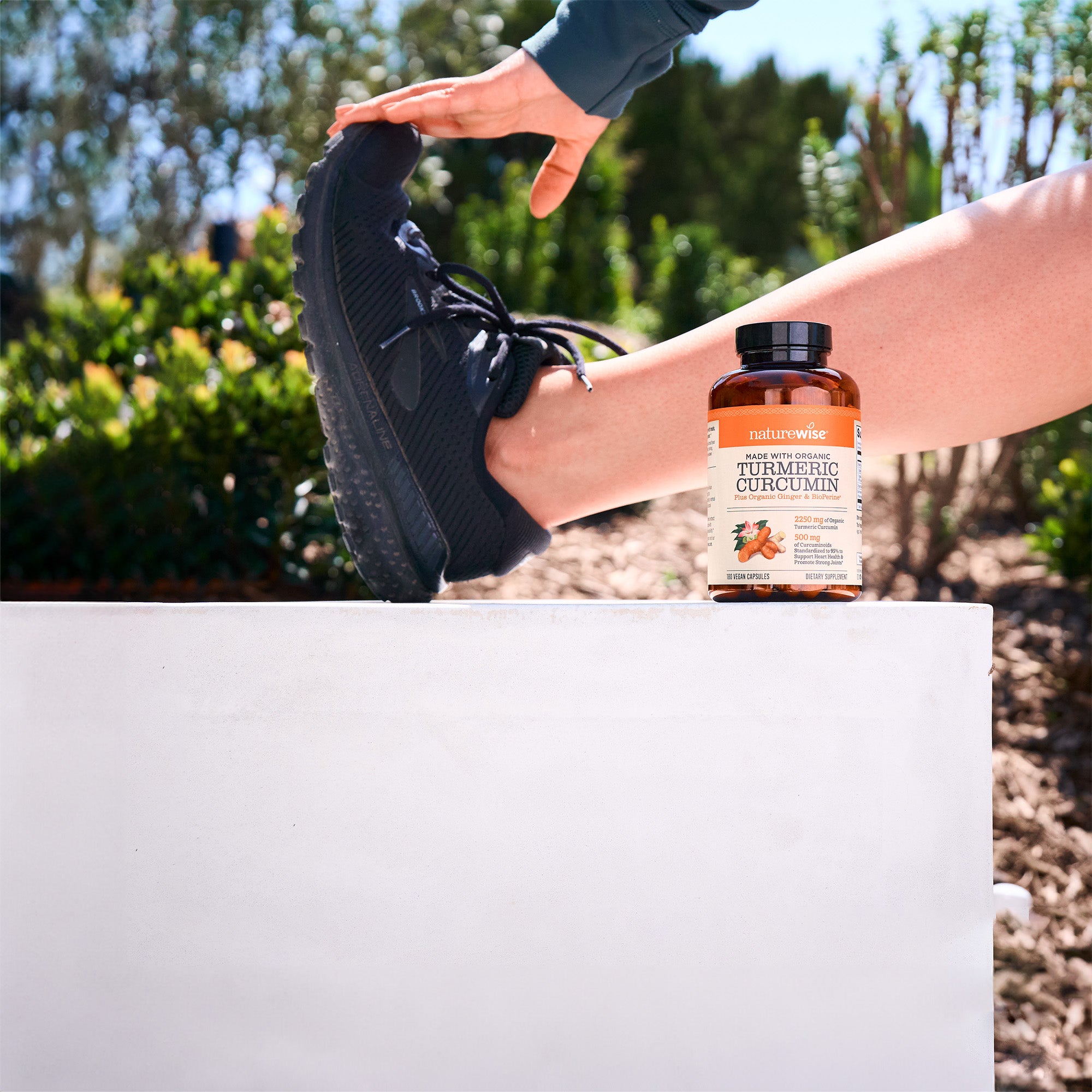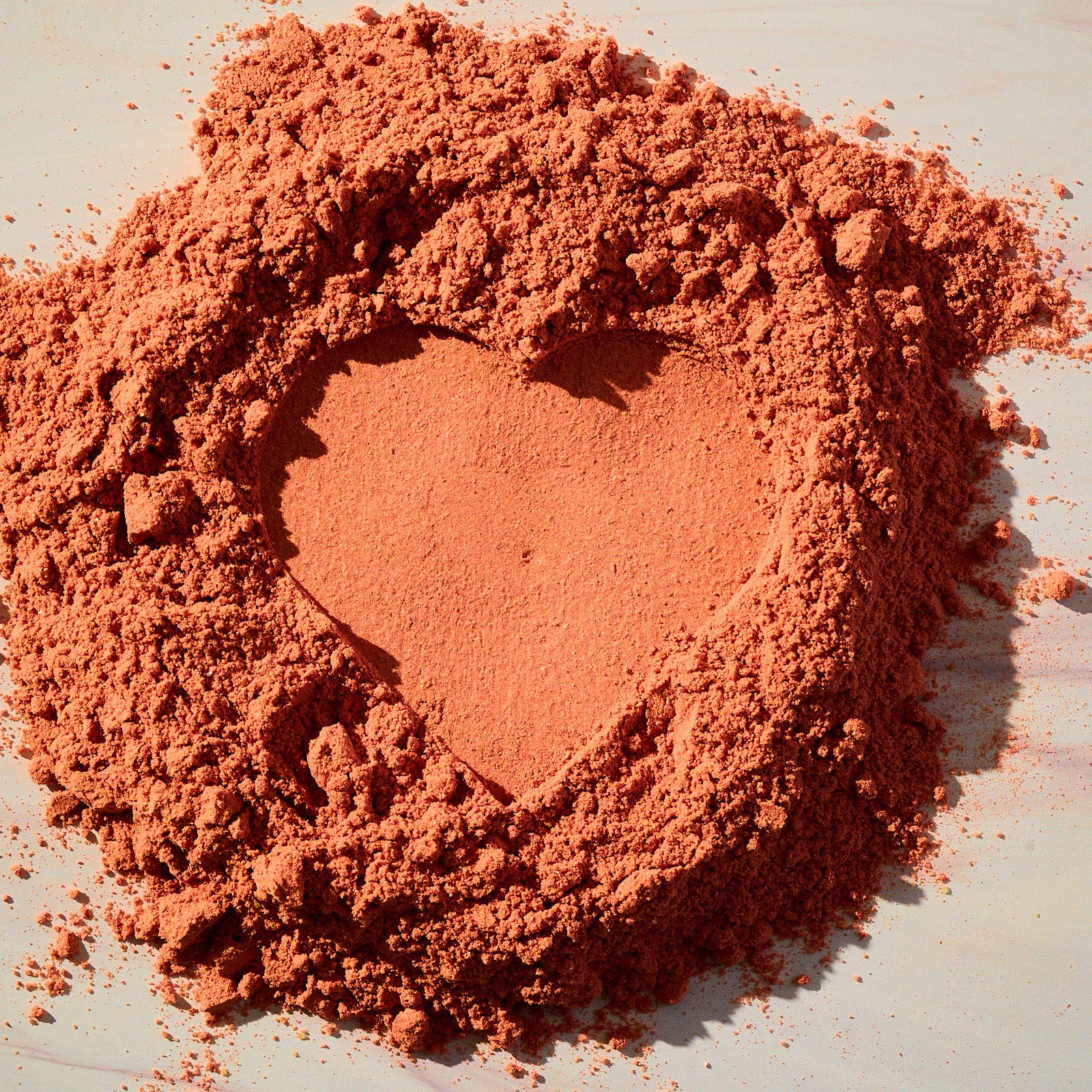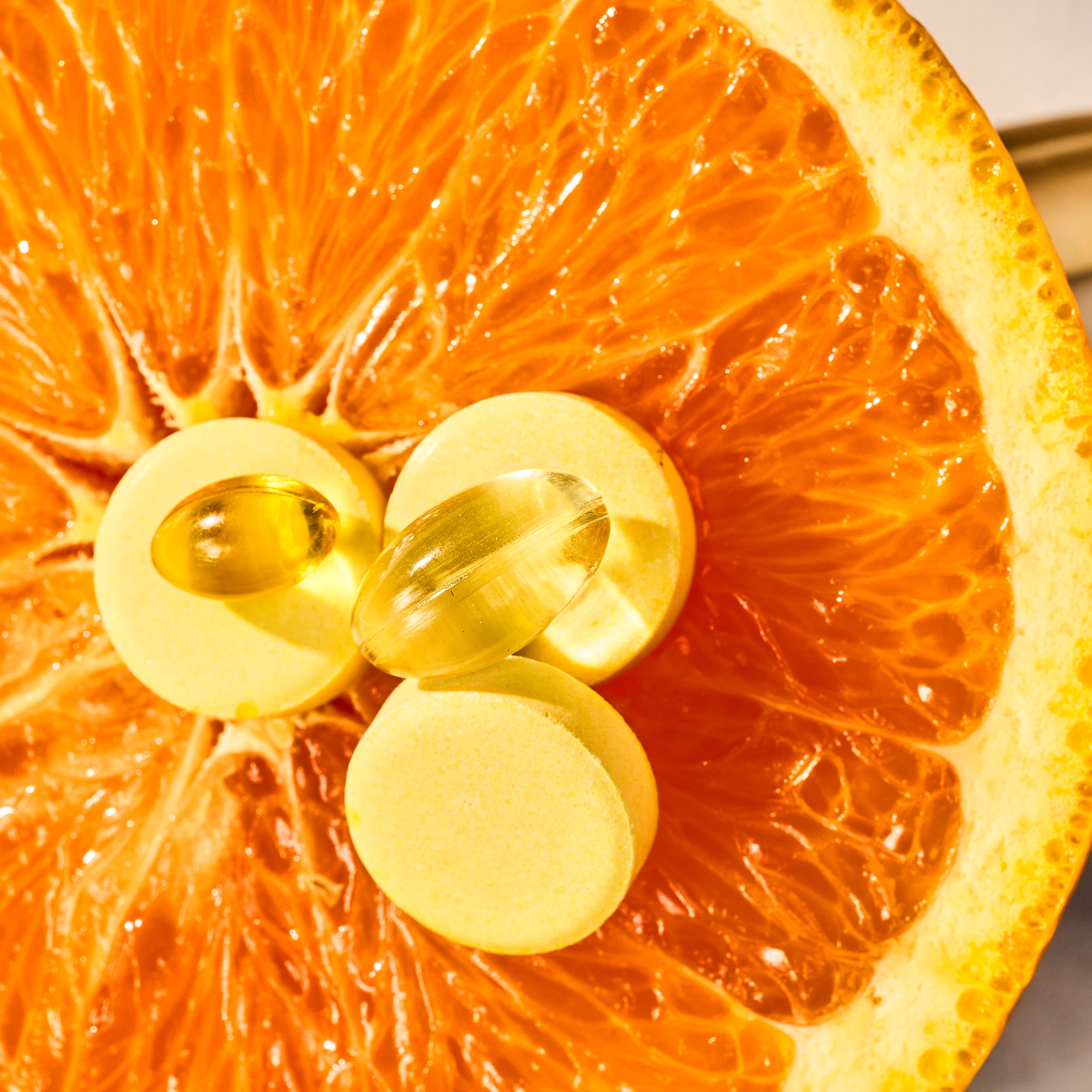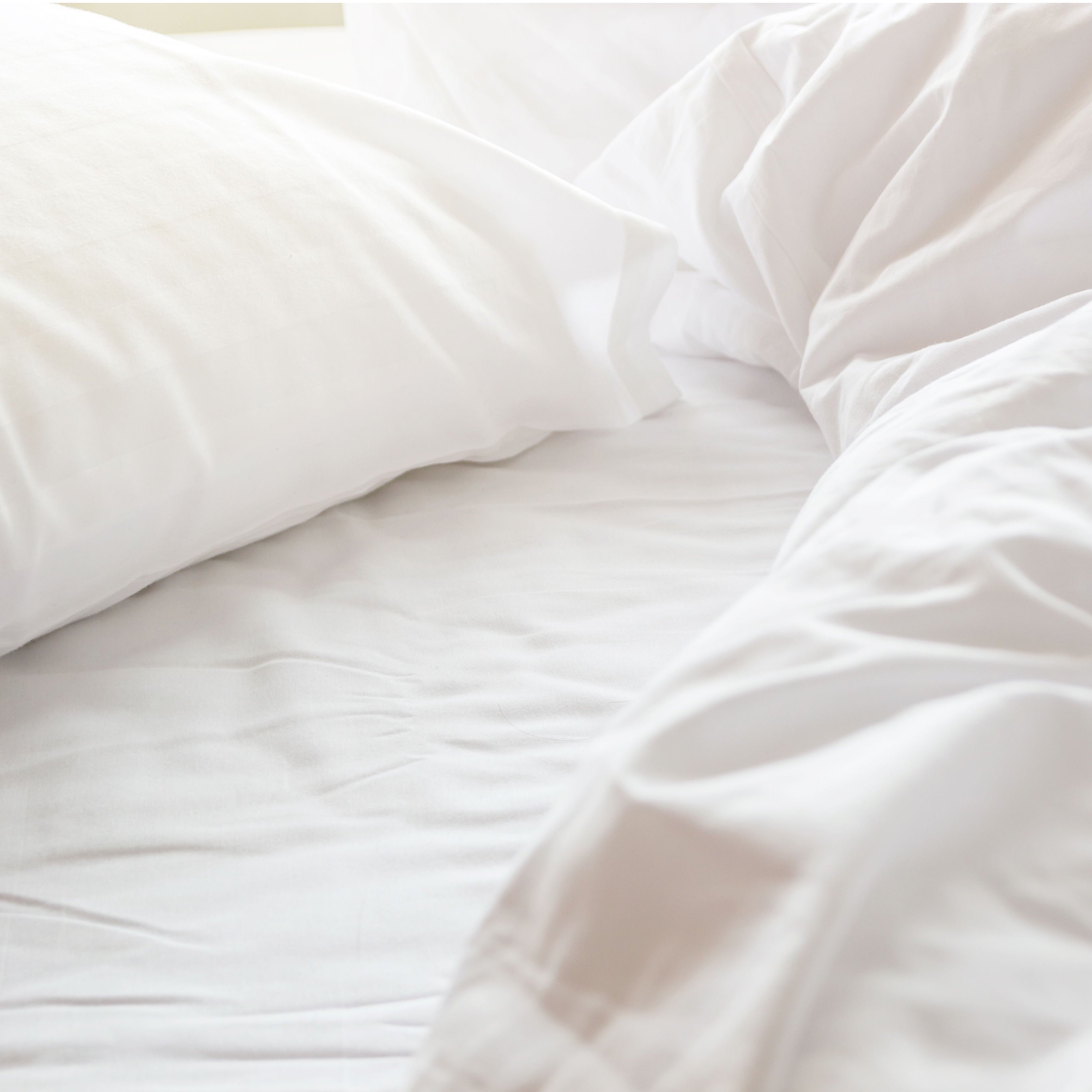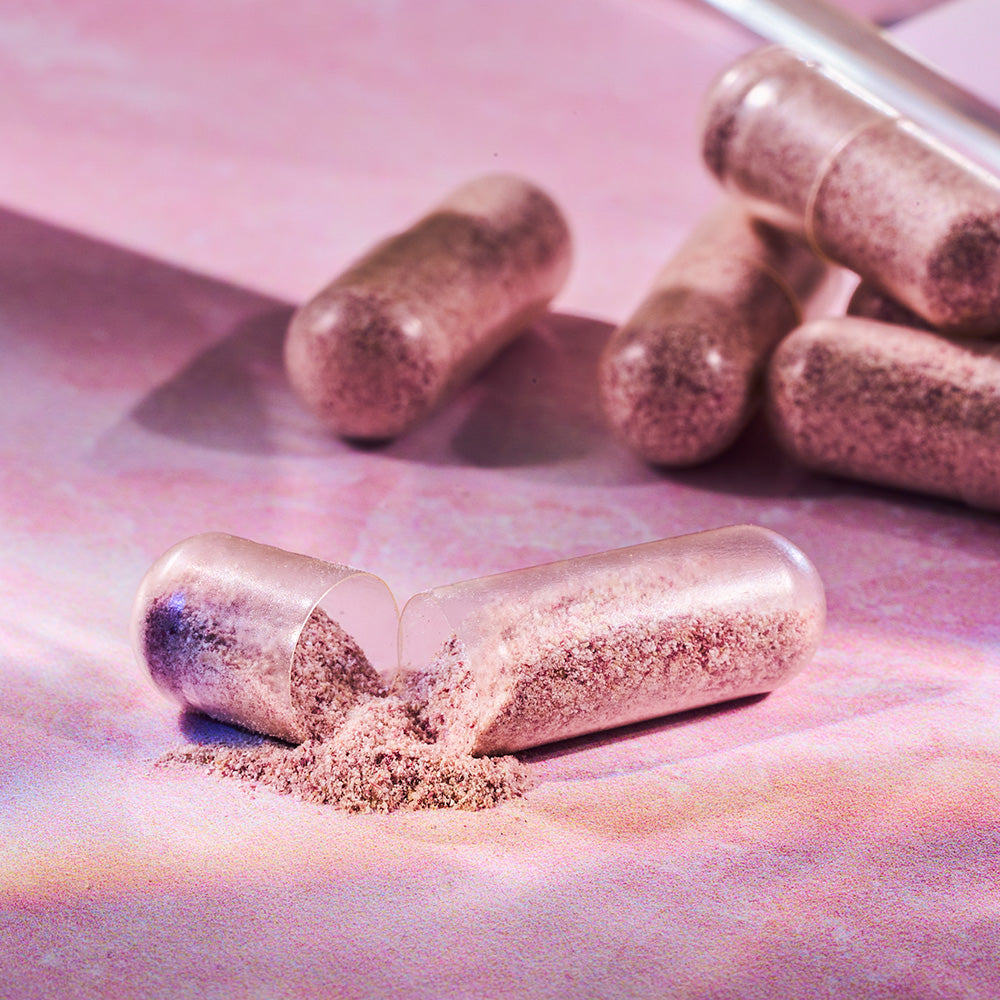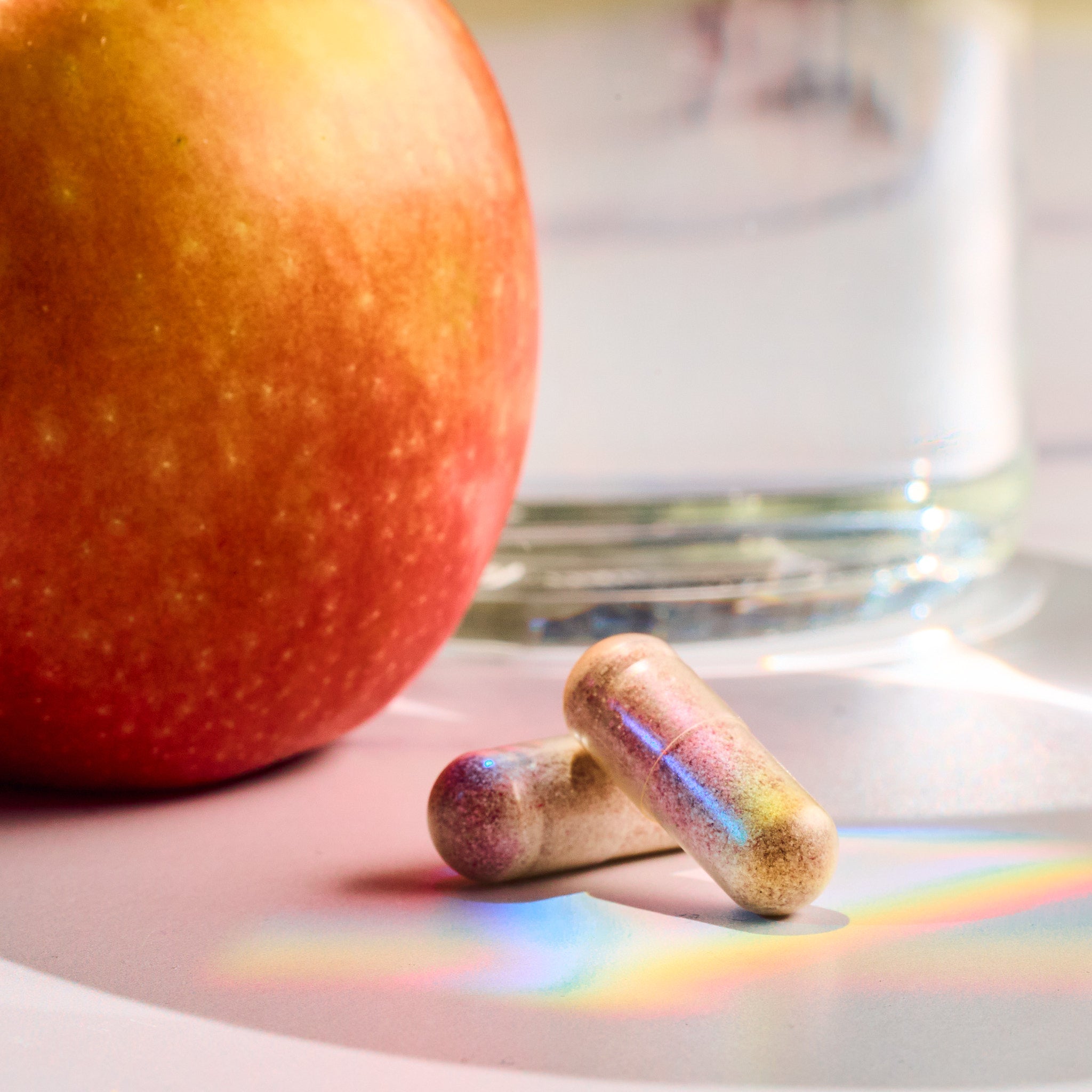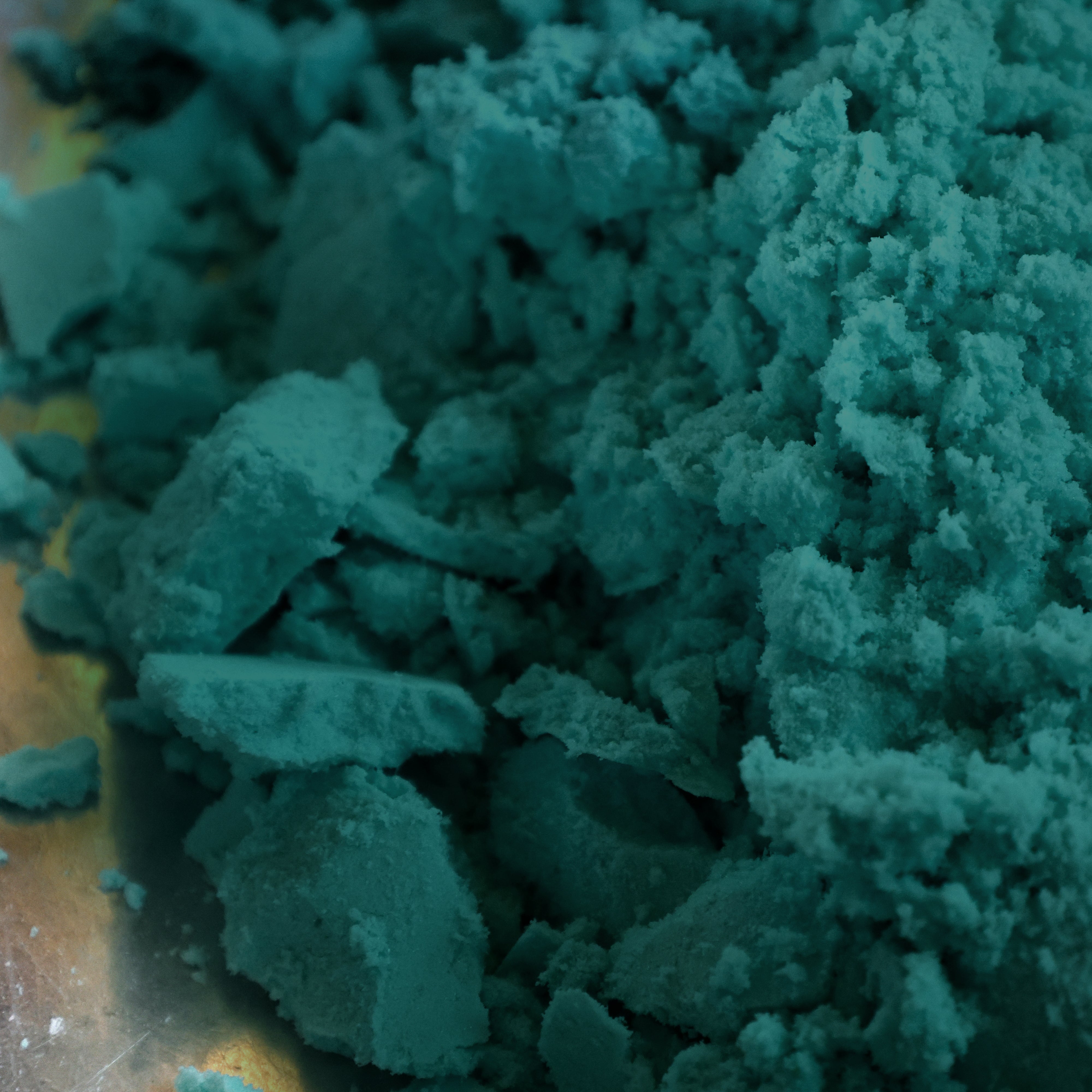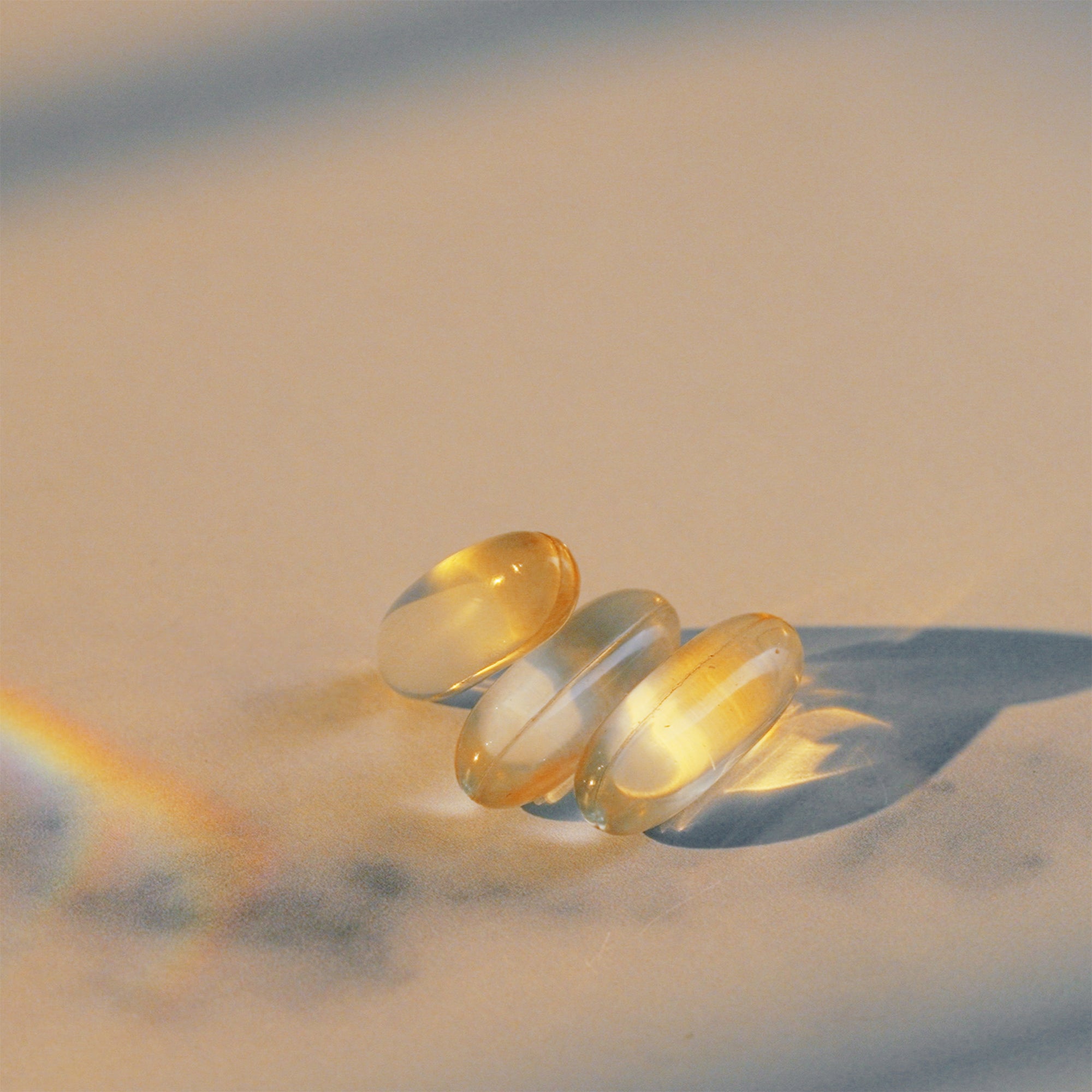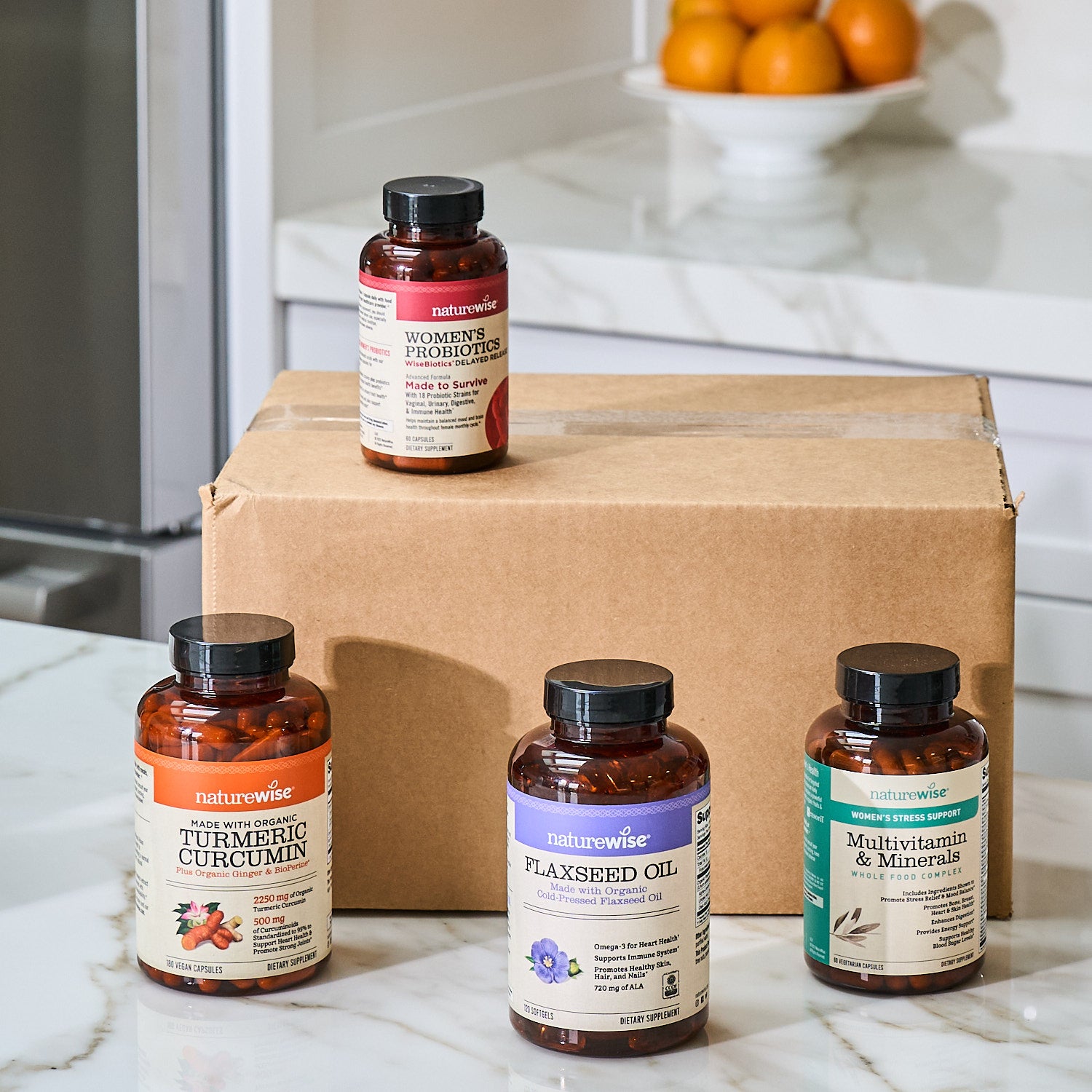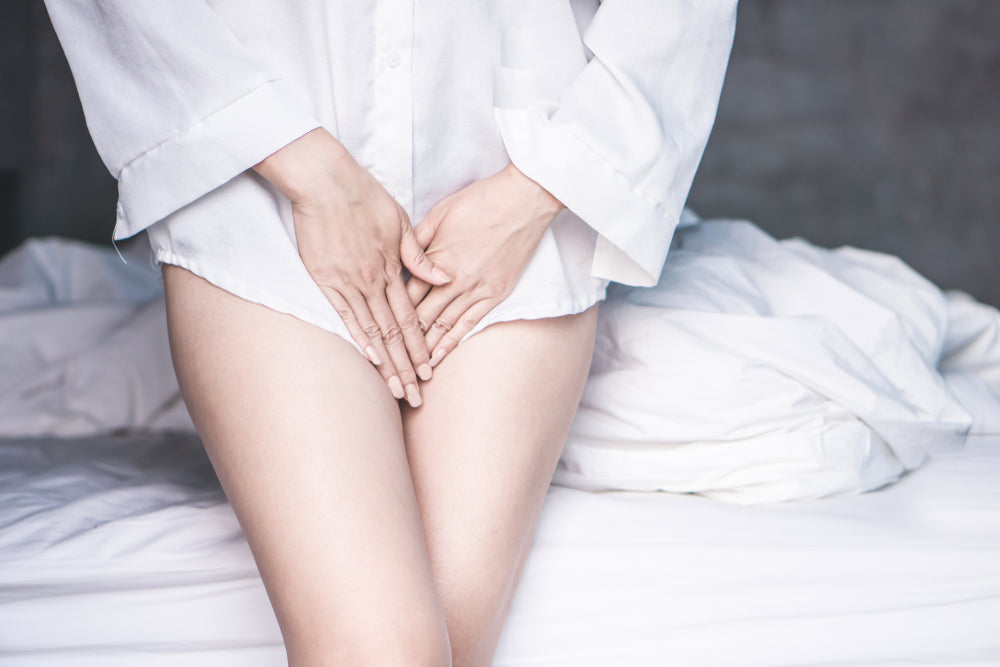Imagine you’re giving a presentation or driving the kids to soccer practice but all you can think about is the itching, burning sensation that just won’t stop. When you likely have a lot on your plate, the last thing anyone needs is a urinary tract or yeast infection getting in the way. While they might be annoying and cumbersome, it’s extremely important to get these infections taken care of as soon as possible. The longer it’s left untreated, the longer it will take for it to clear up. Plus, ignoring infections for too long can lead to more serious problems.
Urinary and vaginal infections are an uncomfortable experience, and most women are equally as uncomfortable talking about them. However, to decrease the chances of getting a UTI or yeast infection, it’s important to fully understand why they occur, their symptoms, and how to prevent them. There are countless decisions made daily that may seem harmless but actually contribute to the development of these infections. The vagina can be a mysterious place, but today we’re getting personal to help everyone feel their best.
The 411 on UTIs

A urinary tract infection, or UTI, can be extremely painful and persistent. While most UTIs occur in your bladder and urethra, it can also affect your kidneys and ureters. While men can develop UTIs, it regularly afflicts far more women.
One of the most common reasons women get a UTI is because bacteria enter the urinary tract through the urethra before moving to the bladder to multiply. When the bladder is infected, E. coli from the gastrointestinal tract is typically to blame. Sexual intercourse can also increase the chances of developing a UTI in the bladder. Women are especially at-risk because the urethra is not close in proximity to the anus and the bladder’s opening.
When the urethra is infected, a UTI develops because gastrointestinal bacteria has moved from the anus to the urethra. Women are also predisposed to this type of UTI because the urethra is near the vagina, making it easy for sexually transmitted infections like herpes, gonorrhea, and chlamydia to cause additional problems.
One of the first signs of a UTI is the urge to urinate without actually being able to expel a normal amount of urine. If you are able to urinate, most people feel a painful burning sensation. Urine can also appear cloudy or discolored and smell stronger than usual. Some women also experience pain in the center of the pelvis and around the pubic bone.
If treated swiftly, UTIs are very unlikely to cause further complications. However, untreated UTIs can create serious problems like consistent infections, kidney damage, pregnancy risks, or sepsis, which occurs when an existing infection triggers a chain reaction in the body.
How to Prevent UTI’s
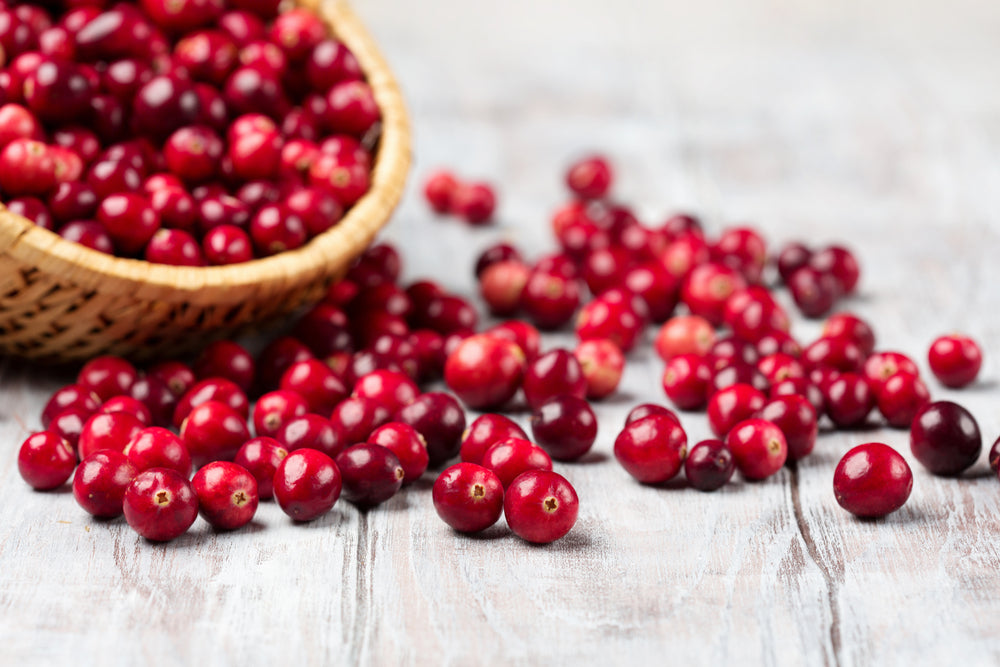
Although UTI’s are easily treated with antibiotics, anyone who has ever experienced one knows it’s much better to prevent them altogether. Luckily, there are plenty of things you can do to help keep the urinary tract running smoothly. By implementing these 7 measures into your daily life, the chances of developing a UTI may be significantly reduced:
1. Drink Water
One of the easiest ways to prevent a UTI is to drink plenty of water because it naturally causes the body to need to urinate more often. The more you urinate, the less time bacteria have to settle into the bladder or urinary tract.
2. Wipe Carefully
It’s best for women to wipe from the front to the back so that no bacteria from the anus is being pushed toward the urethra.
3. Urinate After Sex
It can be tempting to immediately fall asleep after having sex, but it’s important to urinate in order to expel any bacteria that has found its way toward the urethra.
4. Skip Disruptive Feminine Products
Douches and scented sprays and powders can do more harm than good, negatively impacting the delicate pH of the vagina.
5. Be Cautious of Birth Control Methods
Using a diaphragm or spermicide has been known to encourage the growth of bacteria.
6. Watch What You Wear
Women are advised to avoid tight, synthetic clothing that might trap bacteria.
Why Do Women Get Yeast Infections?

Yeast infections are extremely prevalent in women, and odds are you’ve probably had at least one in your lifetime already. It’s a wretched experience characterized by redness, swelling and itching at the vaginal opening, unusual discharge and a burning sensation during urination or sex. When the balance of yeast, fungus candida and bacteria in the vagina is disrupted, candida can overgrow or penetrate the deeper cell layers of the vagina and cause a yeast infection.
The vagina’s balance can be thrown off for a variety of reasons:
- Antibiotics: Certain medications can kill both good and bad bacteria. Oftentimes, the healthy bacteria in the vagina are affected and yeast may overgrow.
- High levels of estrogen: When you’re pregnant or taking birth control with a high dose of estrogen, you could be more susceptible to a yeast infection.
- Weakened immune system: If the body’s immune system isn’t at 100%, yeast has a greater chance of overproduction.
- Diabetes: Heightened blood sugar levels can contribute to a greater chance of developing a yeast infection.
- Douches: Individuals with vaginas are discouraged from using douches because it can throw off vaginal bacteria.
Rising Above It
While yeast infections are easy to treat, it takes a few days to overcome. There are a variety of antifungal medications that can heal a yeast infection within three to seven days. These medications are available in creams, tablets, suppositories, or oral pills that you can get over the counter or by prescription.
Some women can’t prevent yeast infections, but there are a lot of ways to decrease the chances of them occurring:
- Diet: They say you are what you eat and some of your dietary choices may be causing your body to produce more yeast. The Candida diet prohibits white flour, rice, yeast-fermented food and drinks and foods with simple sugars to discourage the body’s yeast production. If the thought of eliminating white flour is too much to bear, limiting your intake could make a difference.
- Take probiotics: To play the offense, couple an antibiotic with a probiotic to help keep the body’s bacteria balanced. If you already have a yeast infection, you can play the defense by using probiotics to help replace the body’s lost good bacteria. NatureWise Women's Care Probiotics is formulated with specific probiotic strains to support women’s vaginal, urinary, digestive, and immune systems.
- Stay fresh and clean: Wash your vaginal area with unscented soap and water regularly.
- Choose cotton: Underwear made with synthetic materials aren’t breathable and can cause a moist environment.
- Sleep commando: Catching your z’s in the nude can be more comfortable and help prevent yeast infections.
- Get out of wet clothes ASAP: Whether you’ve just gone for a jog or hopped out of the pool, damp clothes can encourage yeast production.
- Refresh feminine products: When it’s that time of the month, make sure you’re changing your tampons and panty liners in a timely manner to discourage yeast from settling in a warm, wet environment.
If you’ve been taking preventative measures and medications after developing a yeast infection, you should see a doctor if your symptoms don’t go away, you experience additional symptoms, or repeated yeast infections continue developing.
Let’s Get Real
If you haven’t noticed already, the vagina is a fickle organ that needs to be treated with special care. When it comes to UTI’s and yeast infections, there is a lot of power in prevention. Pay special attention to what you wear, how you clean your vaginal area, and the supplements you take to support the female body against UTI’s and yeast infections. It’s important to remember that when it comes to the vagina, less is always more.
For example, when choosing between scented or unscented pads, unscented can be the best choice to help prevent vaginal bacteria from becoming unbalanced. Moreover, choosing the right probiotic can help the body in several ways. NatureWise Women's Care Probiotics is a powerhouse supplement for women because it contains billions of probiotics plus the added benefits of cranberry and D-mannose.
Sometimes feminine health issues can feel like just another hardship you’re forced to deal with, but that doesn’t have to be the case! Implementing the article’s suggestions can hugely impact the body’s everyday processes to inspire a happier, healthier you!
